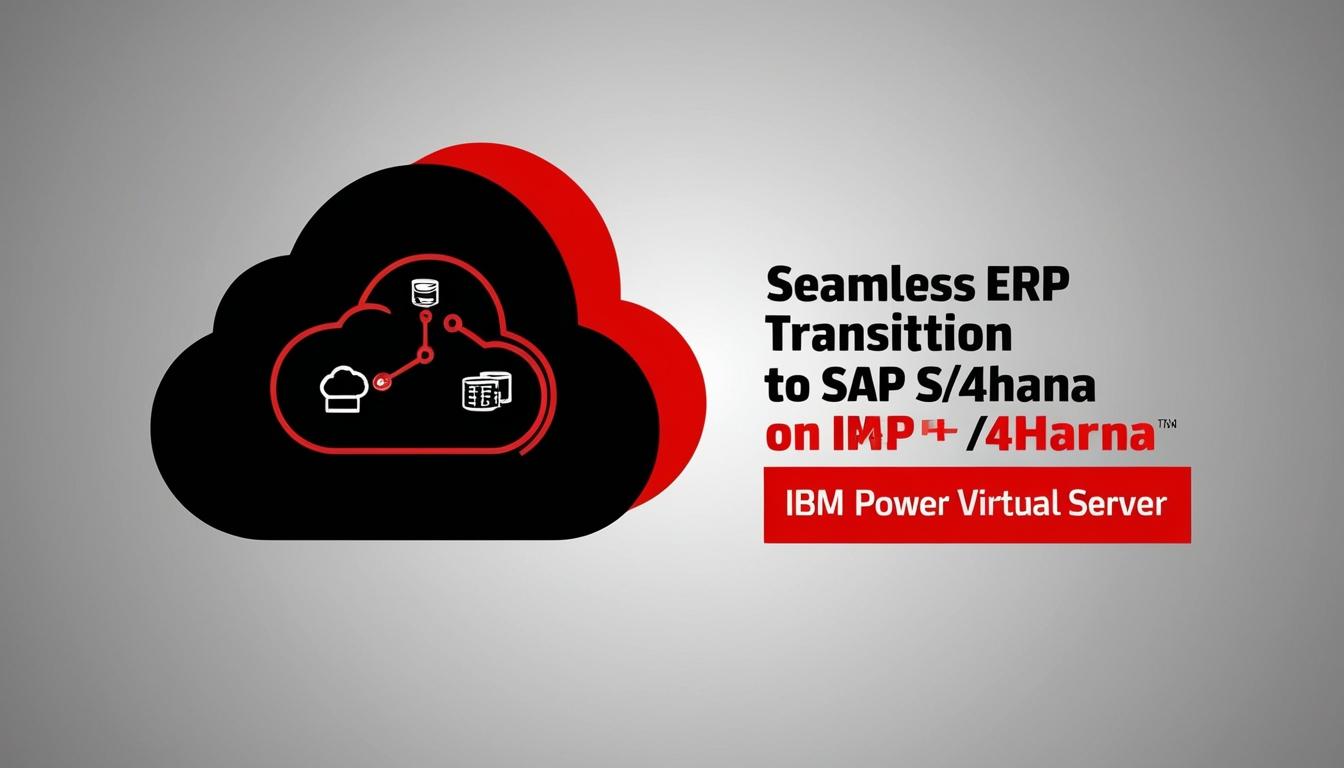Over the past year, RISE with SAP has gained significant traction among organisations striving to modernise their Enterprise Resource Planning (ERP) systems and enhance business processes. According to the latest report from SAPinsider, nearly two-thirds of the responding organisations reported familiarity with this initiative, reflecting its expanding role in contemporary business operations. As SAP positions RISE with SAP as a critical innovation platform in 2024, the offering now incorporates embedded AI functionalities, especially through SAP’s generative AI assistant Joule, which is accessible in both Public and Private Editions of SAP S/4HANA Cloud.
In a move that aligns with SAP’s vision for a public cloud-centric approach to ERP deployment, IBM recently announced the imminent release of RISE with SAP on the IBM Power Virtual Server. This development is anticipated to provide IBM Power customers with a quicker and more efficient pathway to transform their ERP infrastructure. Both IBM and SAP are collaborating to facilitate a smoother transition for businesses moving from on-premises ERP configurations to the cloud, integrating AI-driven functionalities into their processes.
This announcement effectively completes IBM's RISE with SAP offering. Previously, IBM's limitations in providing a hyperscaler-based RISE with SAP deployment created confusion among clients, especially as it held a premium supplier status without offering solutions within SAP’s dedicated cloud ERP landscape. With the introduction of RISE with SAP on IBM Power Virtual Server, clients can expect more diverse options for their SAP journeys, allowing for a hybrid mix where some components may remain on-premises while others transition to the cloud.
The new hyperscaler solution promises to facilitate the migration of SAP S/4HANA Cloud from on-premises IBM Power Systems to the cloud within a notably short span of 90 days. This cloud variant of the IBM Power server platform is designed to assist enterprises in rapidly updating their local SAP ERP systems, thus enhancing agility and modernisation. IBM Power Virtual Server has been particularly engineered for businesses operating SAP workloads on IBM Power servers, significantly reducing the time and risk associated with cloud migrations. As highlighted, migrations from on-premises Power systems to IBM Power Virtual Server are estimated to be 15-25% faster and less risky than moving to x86 environments on alternative cloud platforms.
To navigate the complexities of migrating SAP workloads to the cloud, IBM has launched a dedicated investment programme tailored for RISE with SAP on IBM Power Virtual Server. This programme encompasses various forms of support, including assessments, migration processes, and cloud integration for both SAP and non-SAP workloads. The IBM Transformation Suite for SAP Applications - part of this initiative - is aimed at simplifying transitions to SAP S/4HANA, with features such as automated assessments and data migration capabilities.
Moreover, IBM has implemented a buyback programme designed for eligible on-premises Power servers, which is intended to assist clients in maximising the value of their investments. IBM Power servers are recognised for their reliability and security, making them optimal for running critical business applications and managing sensitive information. Transitioning SAP ERP data to the Power Virtual Server on IBM Cloud enables businesses to harness cloud platform services to develop AI-powered applications, effectively integrating both SAP and non-SAP data while maintaining robust governance.
As the end of mainstream support for core SAP Business Suite applications approaches, many organisations are urged to commence planning for their ERP transitions. While the timeline may appear flexible at first glance, certain user groups, notably those using SAP ECC 6.0 enhancement packages, face stricter deadlines, particularly with a cut-off set for 2025 without extended maintenance options. Add to this the fact that companies employing older versions of SAP S/4HANA may already find themselves within extended maintenance, complications may arise if decisive action is delayed.
To prepare for a successful transition to SAP S/4HANA or RISE with SAP, businesses should develop a comprehensive understanding of the cost structures involved, which extend beyond simple migrations to include data transfer fees and potential licensing costs for additional tools such as SAP Business Technology Platform or Signavio. Partnering with knowledgeable consultants or service providers can help organisations navigate this complexity, encompassing aspects such as solution deployment, workflow optimisation, custom code adaptation, and overall project management. Early engagement with expert partners is likely to mitigate delays and control costs throughout the transition process.
In summary, leveraging IBM Power Servers or Power Virtual Server for mission-critical workloads can enhance reliability, security, and overall operational effectiveness, positioning organisations to capitalise on the innovations made possible through AI and cloud integration.
Source: Noah Wire Services
